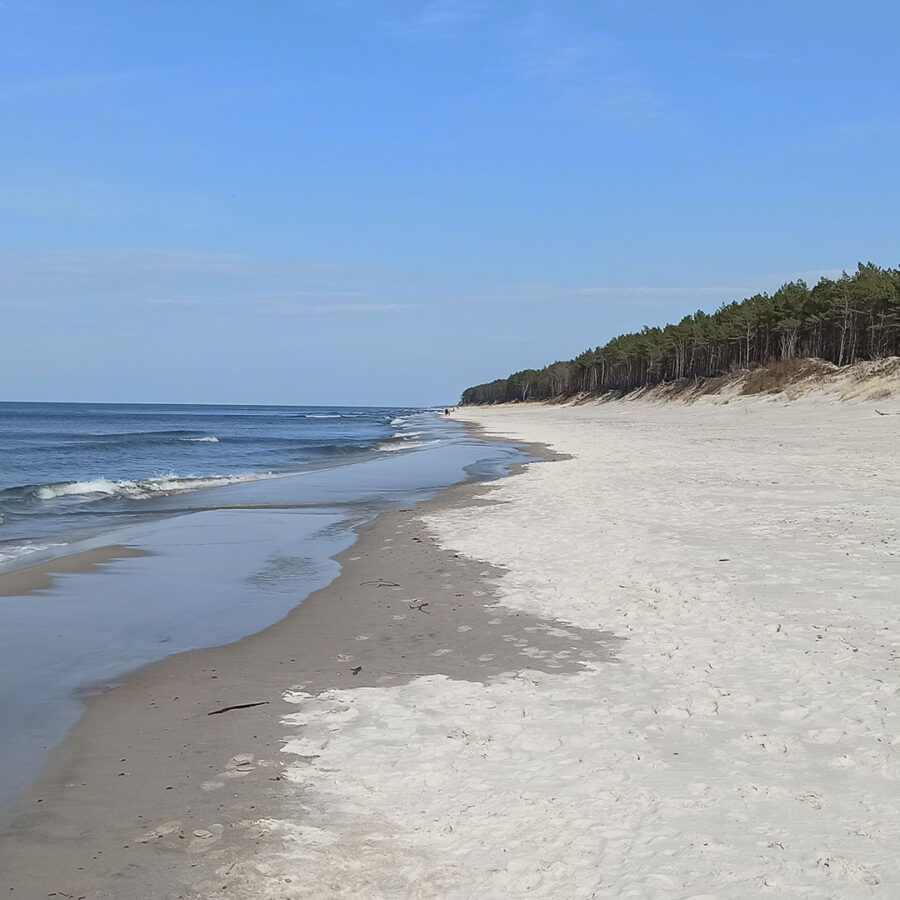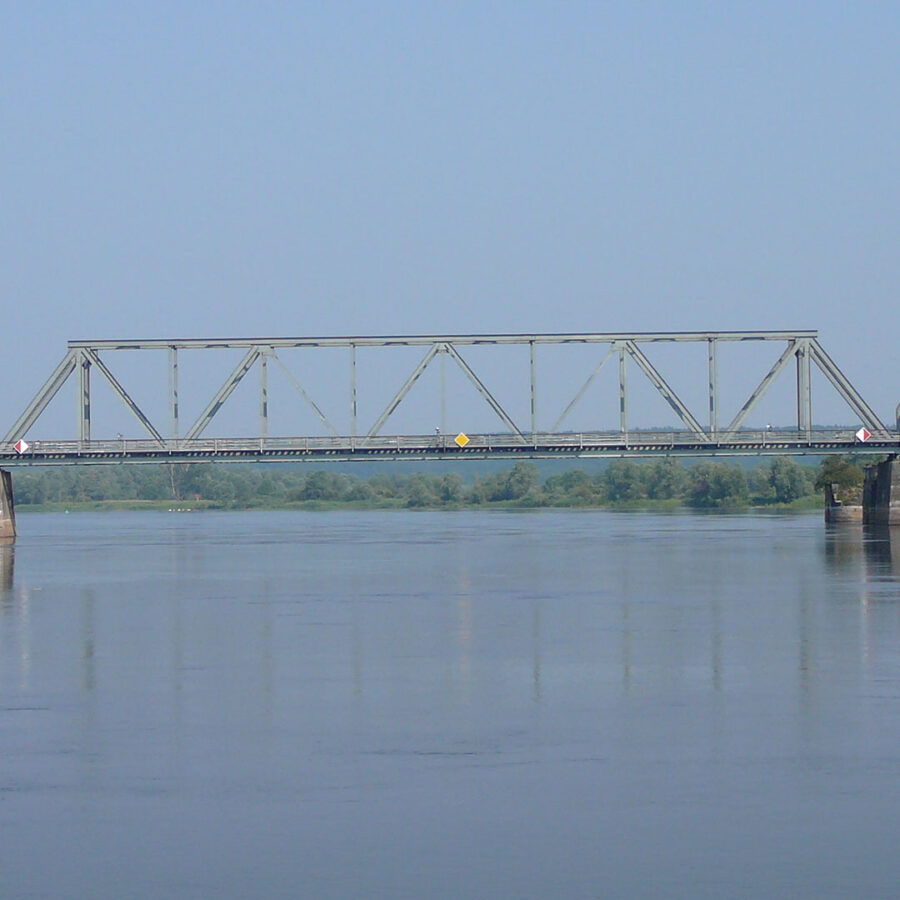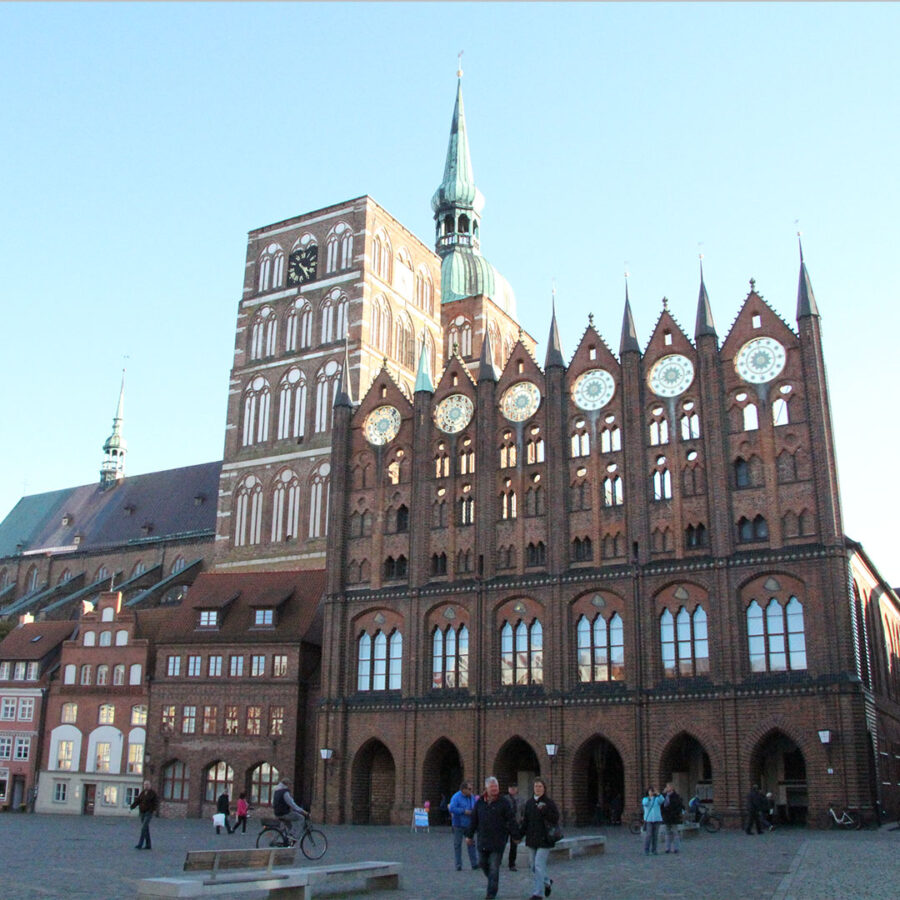The Sea – Pomerania – Borderland – as places of Polish-German dialogue. Cross-border cooperation network in historical research and education in the Odra-region and the Baltic.
Mare – Pomerania – Confinium



The project aims at developing cross-border cooperation between peripheral institutions, conducting educational and scientific activities, exchanging experience between partners and other institutions cooperating with them in the Polish-German border region. Its goal is furthermore to intensify activities carried out for the benefit of the inhabitants of the region. The project is led by the Institute of History of the University of Szczecin, the City Museum of Schwedt, the Chair for Heritage Studies of the European University Viadrina in Frankfurt (Oder) as well as the following associated partners: the Institute of History of the University of Greifswald, the Regional Museum of Pomerania (Pommersches Landesmuseum) in Greifswald, and the Museum for Archeology and History in Stargard. All project partners have been organising workshops and conferences since the beginning of their activities, and presenting their results in numerous publications. Yet so far those were carried out mostly separately or by no more than two associated partners. Therefore an additional objective of the project is to coordinate activities through a joint network of all partners, in order to address the inhabitants of the development area, in particular students, researchers, and everyone interested in humanities and related fields. Events are aimed at groups from 20 to 50/60 participants. Based on networking, the activities of the institutions in the Odra region will attract audience from the whole development area and will significantly enhance the existing offer of cultural and scientific events, especially with regard to the expected reduction in the activities of smaller institutions (in particular those subordinated to local governments) due to the pandemic. The events will take place throughout 2021 and 2022.
To meet these goals, the project implies the organisation of more than 30 events: conferences, seminars, summer schools, workshops, study trips, exhibitions around topics related to the history and cultural heritage of the Baltic Sea region, Western Pomerania and border areas – especially the Polish-German borderland. These events will be coordinated by outstanding specialists with recognised international reputation.
The project, which is also open to other institutions, will enable the synchronization of joint activities. Thanks to this cooperation and the acquisition of know-how, as well as to the participation of recognised invited professionals from outside of the development area to share their expertise in conferences and workshops, the competitiveness of the educational offer and scientific potential both of the cooperating institutions and the region will increase on an international scale. This cooperation is intended to bring tangible scientific benefits in the future. We want to publish the results of the discussions and conferences organised within the scope of the project in renowned publishing houses with European or global recognition. We also want to collaborate in order to address the issues raised here in scientific project proposals to be submitted by a consortium of partner institutions to Polish and international institutions funding scientific activities.
In addition, the project will meet the following social objectives related to the priority axis of the programme: increase the knowledge about the neighbour, positively affect the inhabitants of the region, improve their linguistic and intercultural competences, facilitate cross-border contacts in different fields, create opportunities for cooperation and its development by various institutions: educational institutions, universities, museums, NGOs, associations with a historical profile. The manifold programme of events will benefit in particular young people, students, researchers, journalists and local community leaders, who will then multiply the knowledge and skills acquired also for cross-border cooperation.


